GreenCow
SRUC's innovative and award-winning research programme that's making a fundamental contribution to our understanding of Greenhouse Gas production by livestock and is a key facility in international efforts to reduce the impact on climate change from emissions by ruminants.
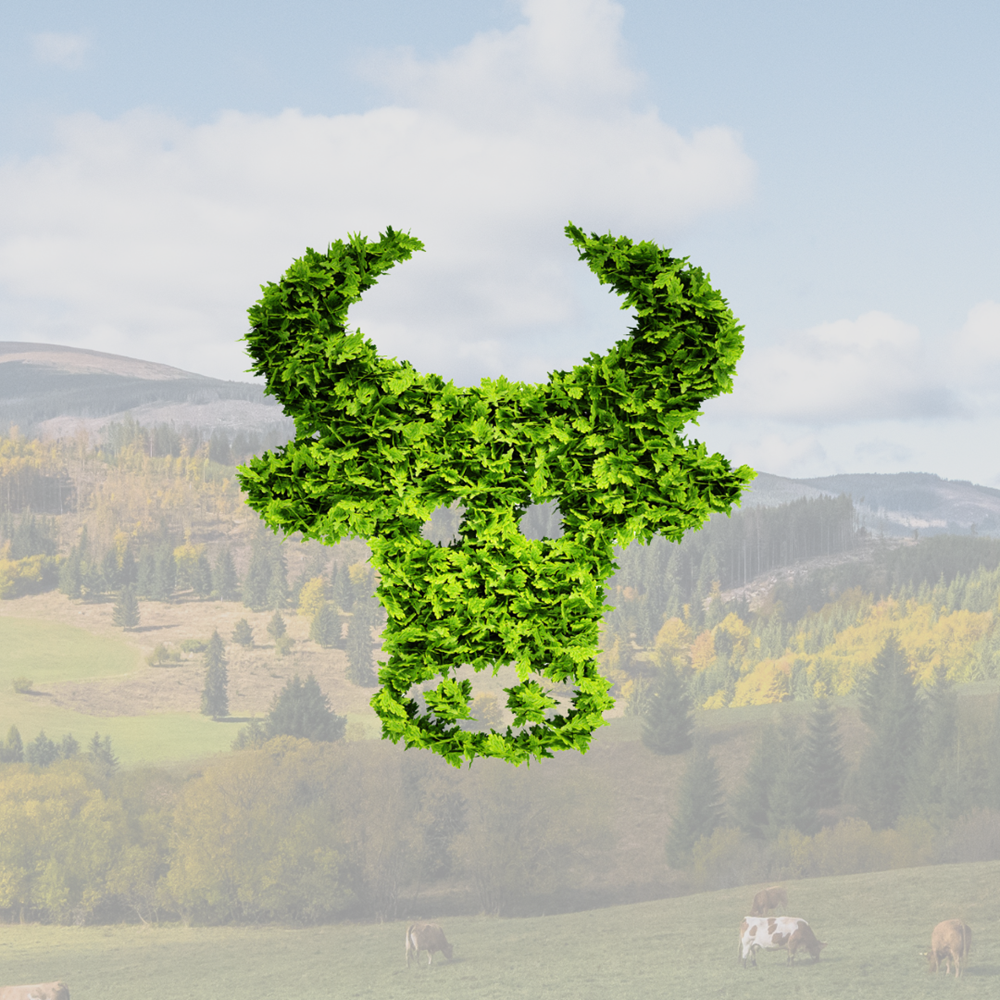
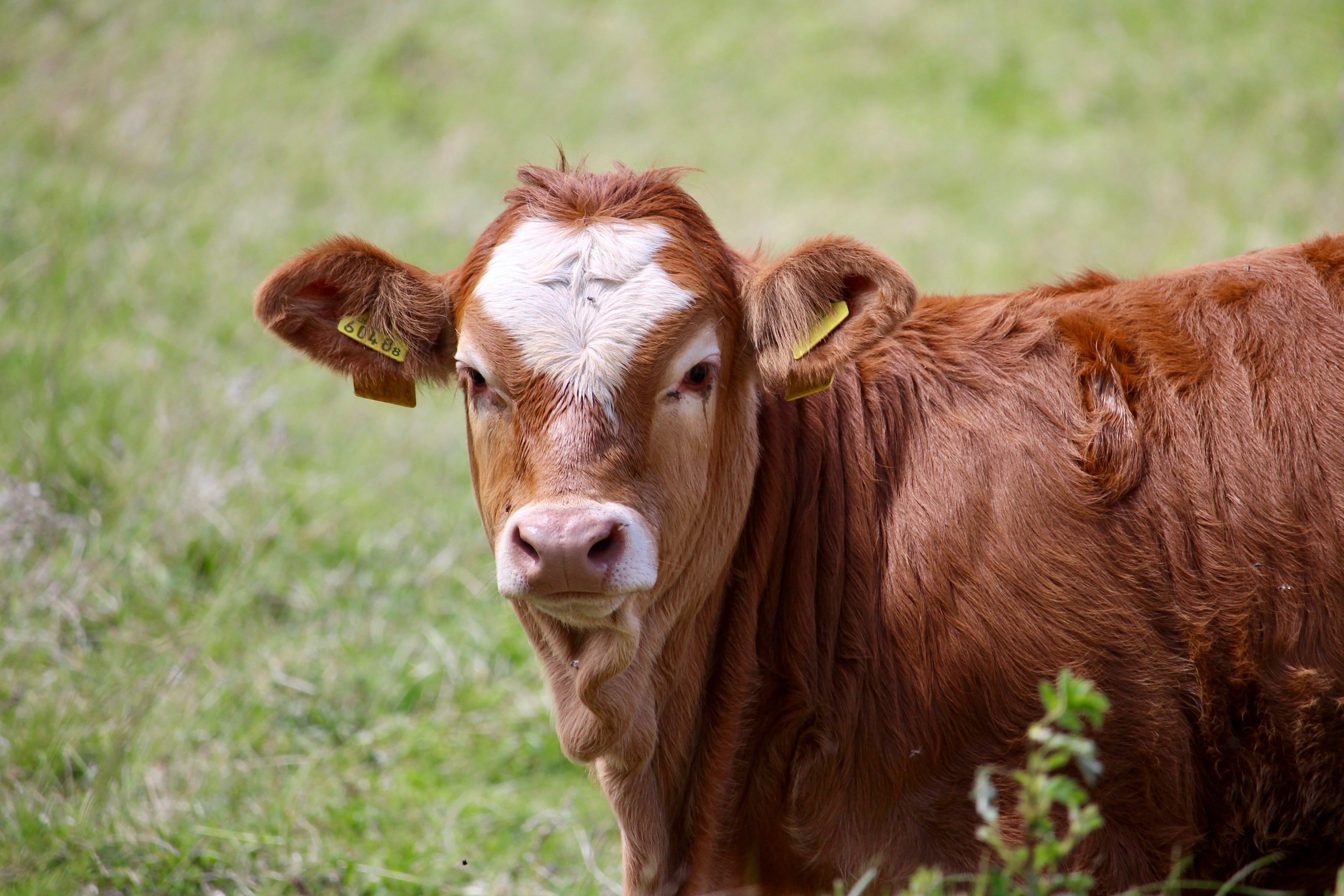
How do we reduce the environmental impact of ruminant livestock systems whilst producing high quality human food?
SRUC's innovative and award-winning GreenCow facility is making a fundamental contribution to finding an answer to this question in order to support the UK Government and international goals of significantly reducing greenhouse gas emissions and reduce the impact on the global climate emergency.

GreenCow Facilities
GreenCow consists of six respiration chambers which measure methane, carbon dioxide and hydrogen emissions from individual cattle.
The chambers represent the gold standard in terms of measuring greenhouse gas emissions from ruminants, by allowing for controlled temperature, humidity and airflow rate environments and high resolution data capture for accurate emission calculation. Each chamber is also equipped with feed bins on weigh cells to measure individual feed intake to allow for accurate calculation of methane per kilogram of dry feed intake.
Alongside the respiration chambers are an additional six training pens which are identical to pens found within the chambers and allow the animals to acclimatise to their surroundings and familiarise themselves with what they're gong to encounter whilst they are in the chambers.
Both the training pens and chambers have been developed to the highest specifications in terms of animal welfare with sizing to meet Home Office requirements and free access to feed and water.
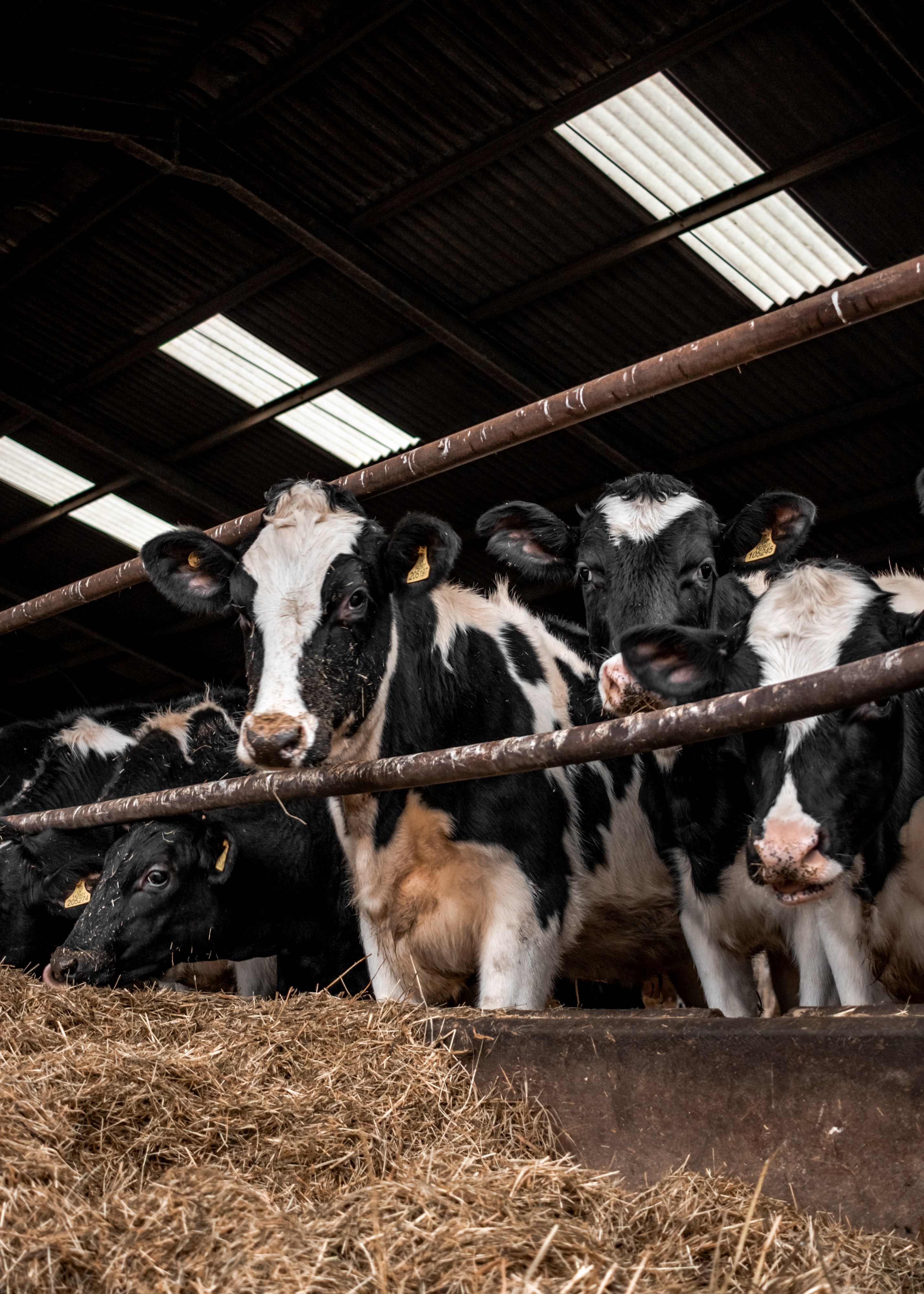
GreenCow research
Current research in the GreenCow facility focuses on three key areas:
- Breeding for low methane emission cattle: There is high genetic variation for methane production. Therefore, by selecting cattle that produce less methane, without compromising on productivity, we can drive down average emissions with every generation. We are using GreenCow to verify the potential of selective breeding for low emissions.
- Dietary manipulation: Ruminants are designed to consume high-fibre diets, however these are associated with high methane emissions. Feed products with methane suppressing properties may provide a short- to medium-term solution to reduce enteric methane emissions. GreenCow has been used to test the efficacy of methane suppressing feed products.
- Developing proxies for methane emissions: Measuring methane emissions in respiration chambers is highly accurate, but low throughput. Development of high-throughput, lower cost proxy measures which can be deployed on commercial farms will generate large datasets to improve models and allow emission reductions to be verified on farm. We have been developing/verifying methane proxies in Greencow, most notably the composition of the rumen microbiome.
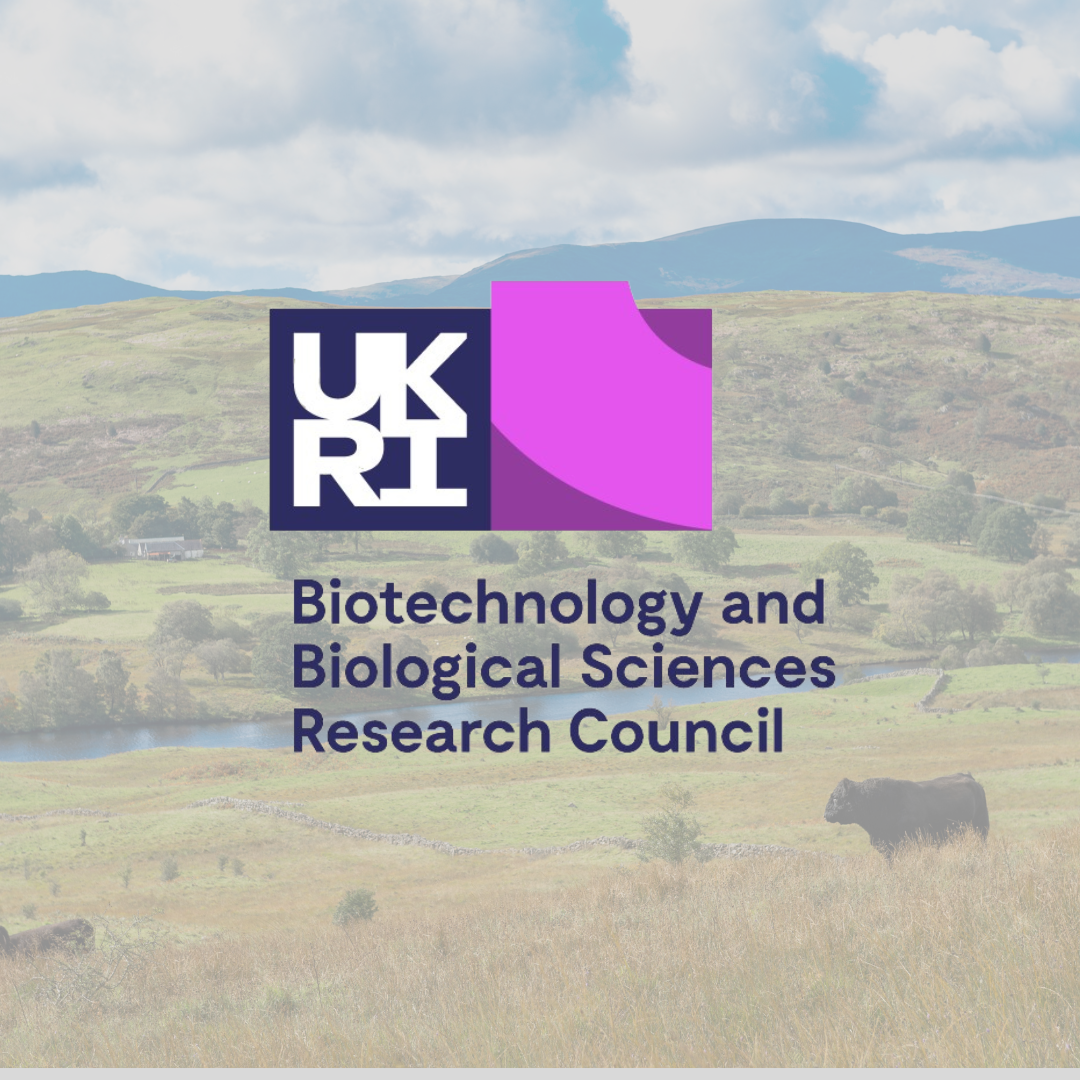
Coming soon: UltraGreenCow
With significant investment from UKRI-BBSRC in Autumn 2025 the respiration chamber facility will have increased gas measurement capacity for ammonia and nitrous oxide emissions, and more efficient environmental control equipment.
As well as ruminant studies, this upgrade opens the facility up for use in simulated slurry storage studies and potentially monogastric studies (e.g. poultry and pigs).
We can facilitate access to the UltraGreenCow facility for commissioned or collaborative research. We encourage anyone who has a research need or idea to contact the Beef and Sheep Research Centre team using the link to our contact form below.
GreenCow & UltraGreenCow in the news:
SRUC awarded £700k to measure cattle emissions
SRUC researchers have been awarded nearly £700,000 for equipment which will form part of an ultra-modern research facility to measure emissions from beef cattle, supporting the UK Government’s goals to achieve net-zero greenhouse gas emissions by 2050.
Climate solutions from peatlands to parasites
As world leaders arrive in Glasgow for the UN Climate Change Conference (COP26), scientific experts have created a virtual tour showcasing research to tackle Scotland’s climate crisis.
SRUC signs Argentina agreement
Scottish scientists are set to work with South American farmers to help reduce the carbon footprint of a country with one of the highest levels of beef consumption in the world.
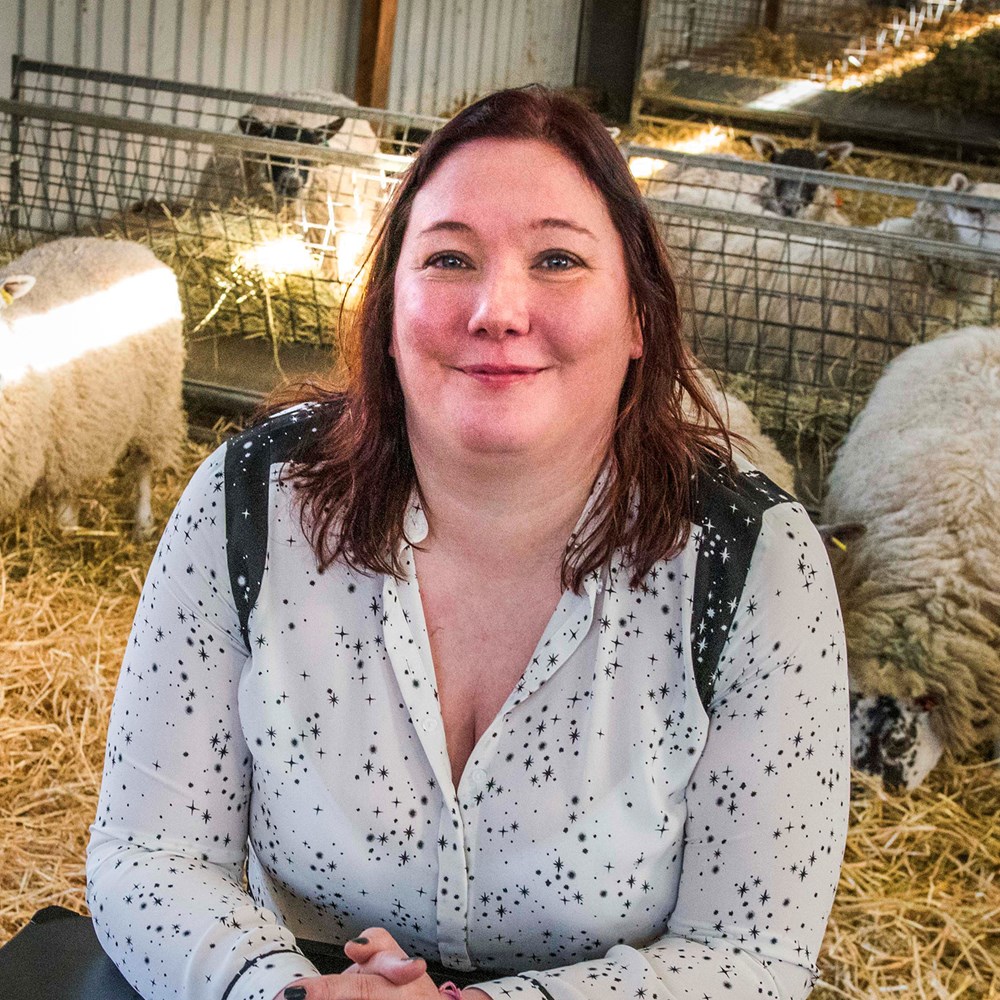
Cutting the Cow Burps
Professor Eileen Wall, Head of Research at SRUC, features in this BBC Sounds episode where she talks about research being done at SRUC to genetically select animals to reduce methane emissions.
You may also be interested in:
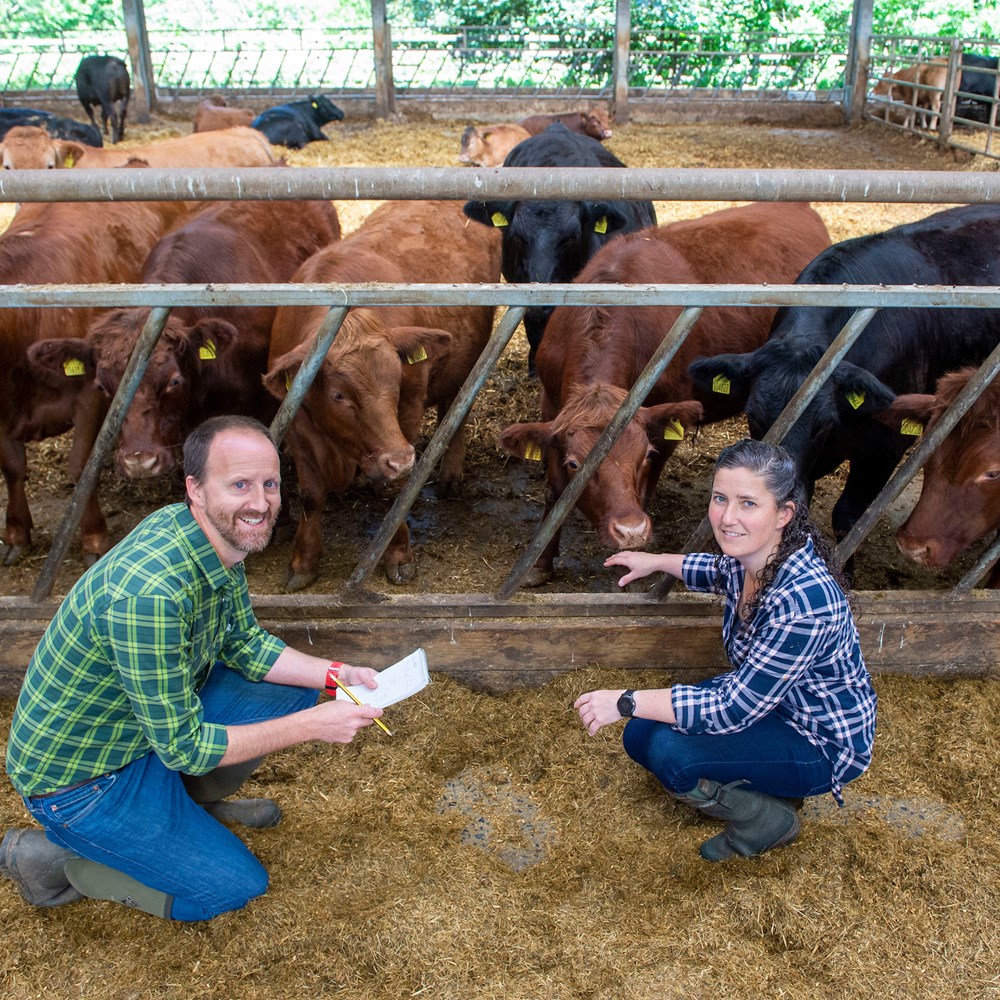
GreenShed
The state-of-the-art GreenShed will use cattle waste products to power a methane capturing system and grow indoor crops.

Global climate emergency
This Centre aims to find new systems-level solutions to tackle the worsening climate crisis.
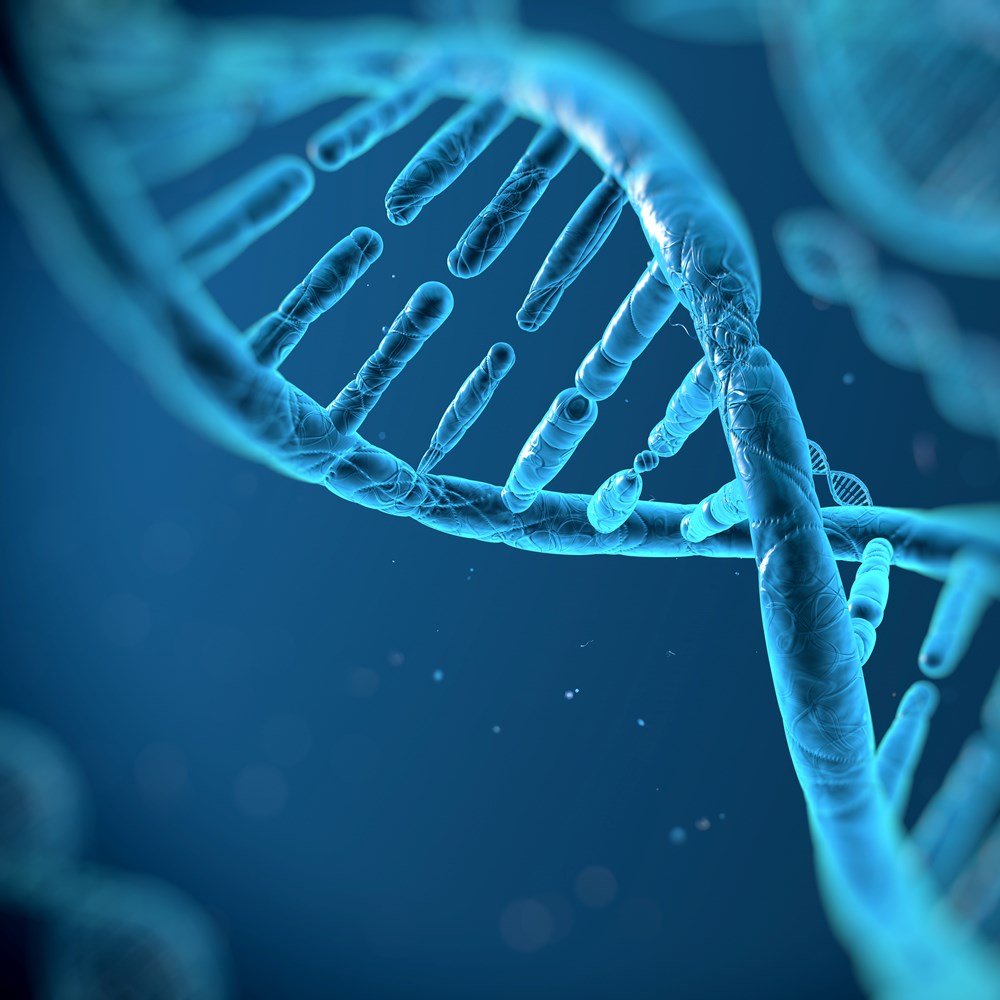
Genetics & genomics

Environment
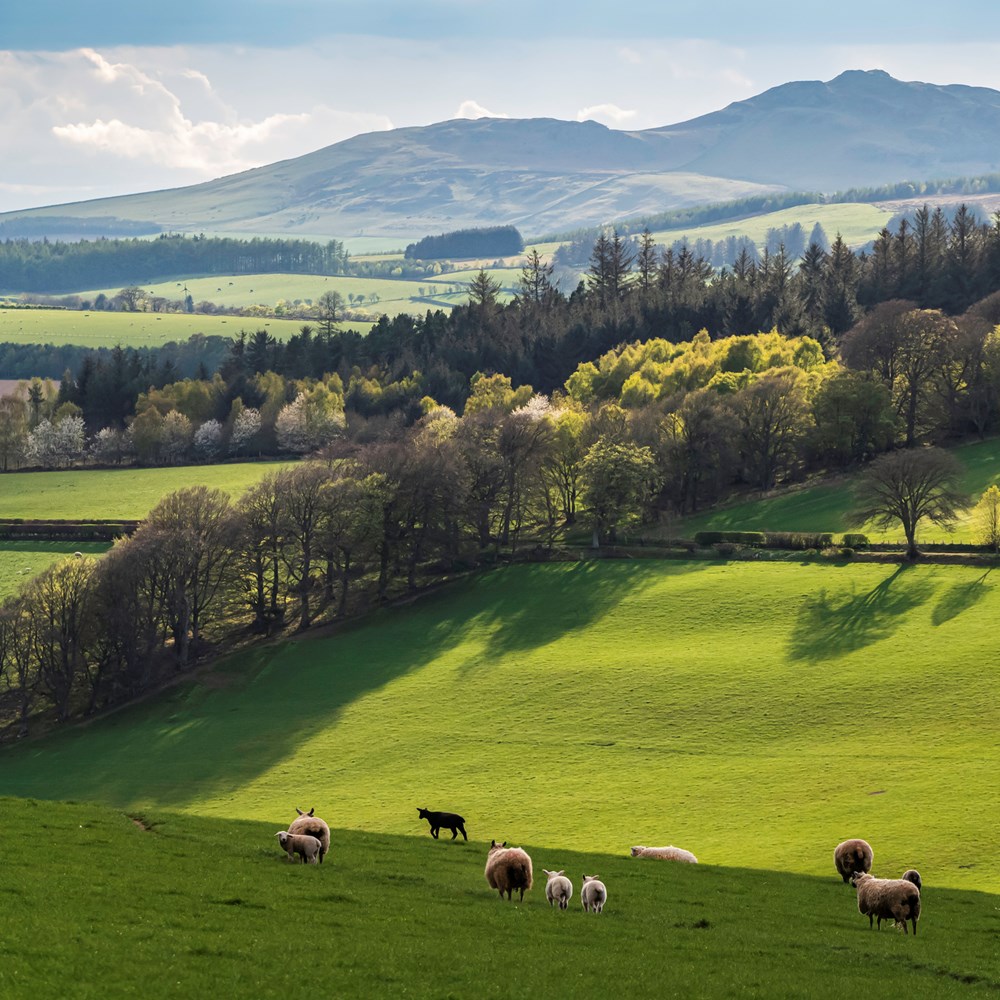
Agri-food systems
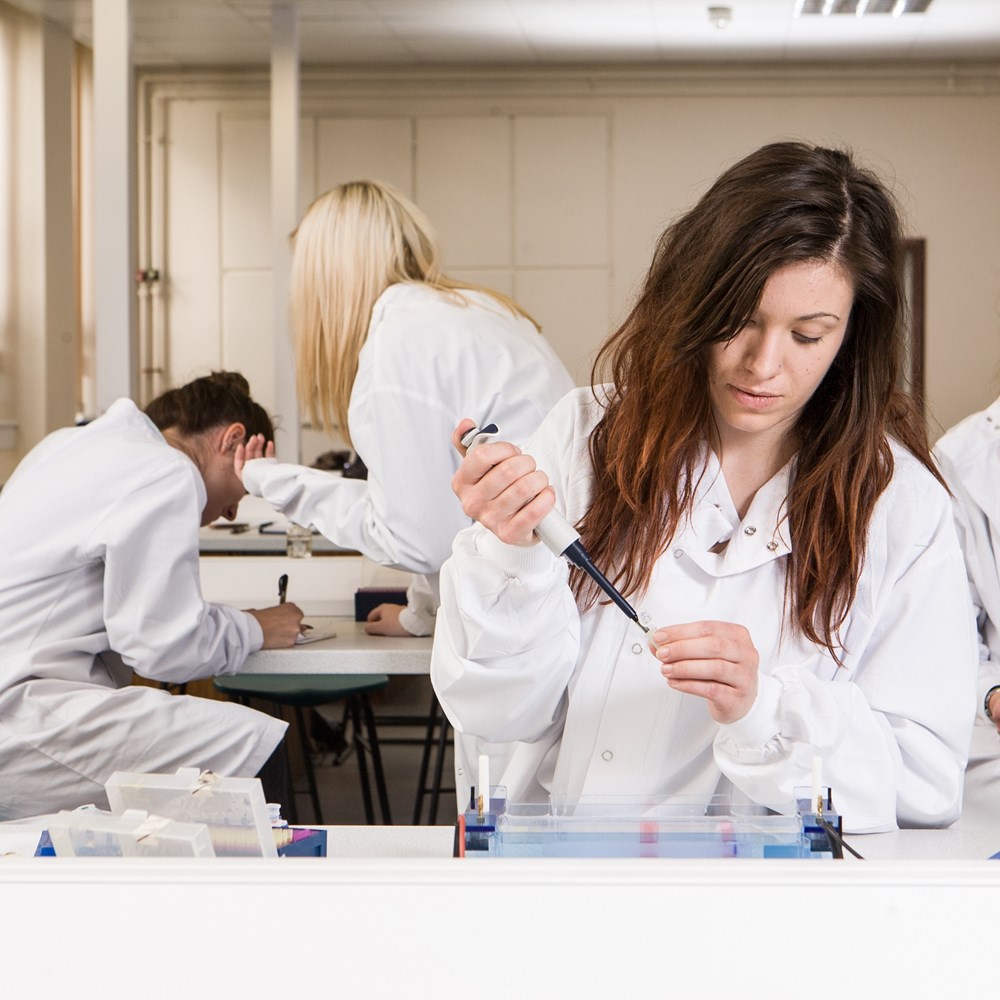
Contact our Research Team
Stay connected
Stay up to date with all the latest happening across SRUC.
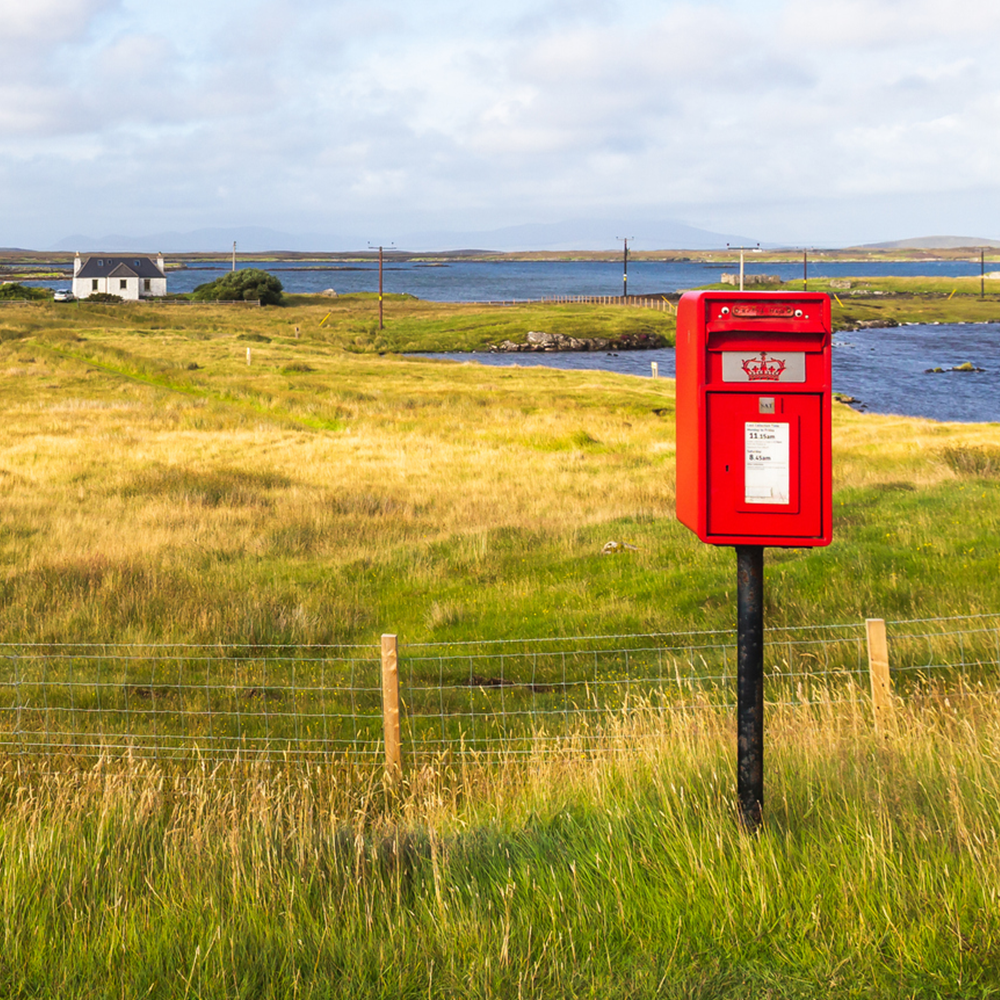

Podcast
Explore more at SRUC
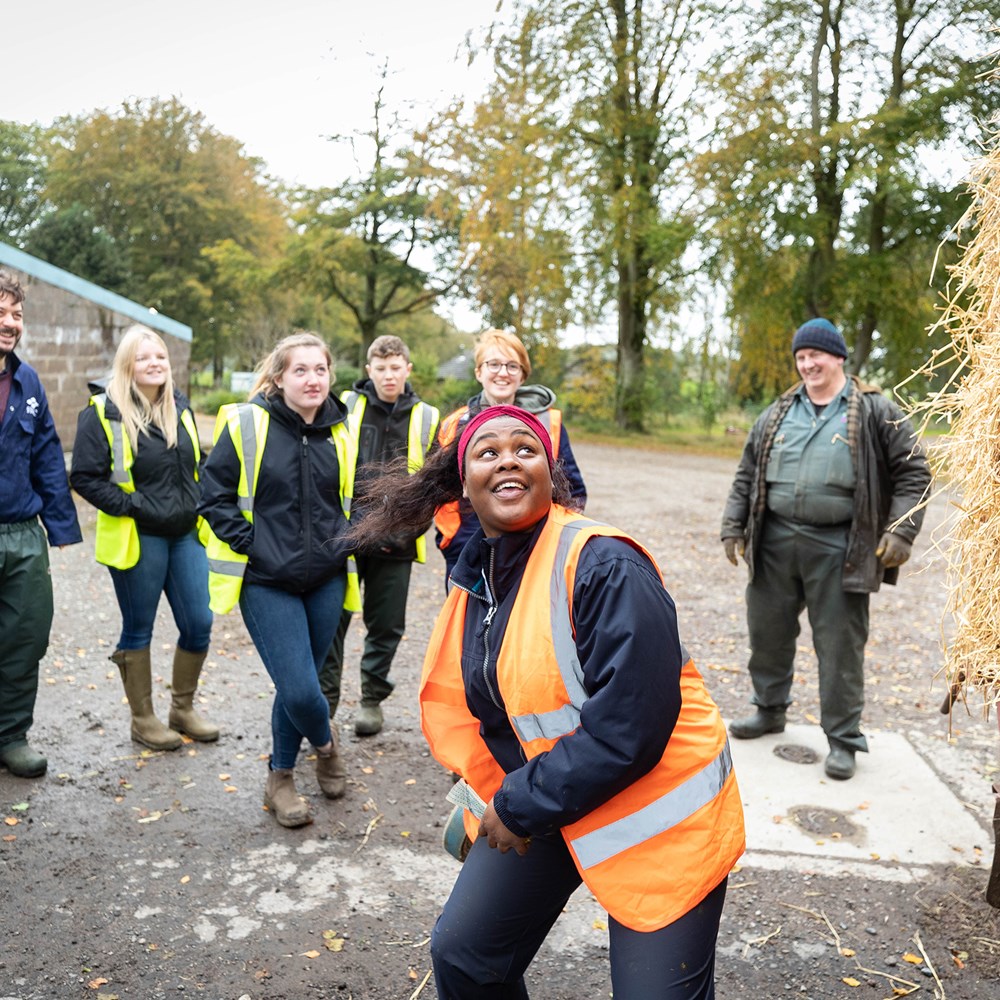
Study with us
With hundreds of courses across more than 20 disciplines, we provide the skills, experience and confidence you need to create a successful career.
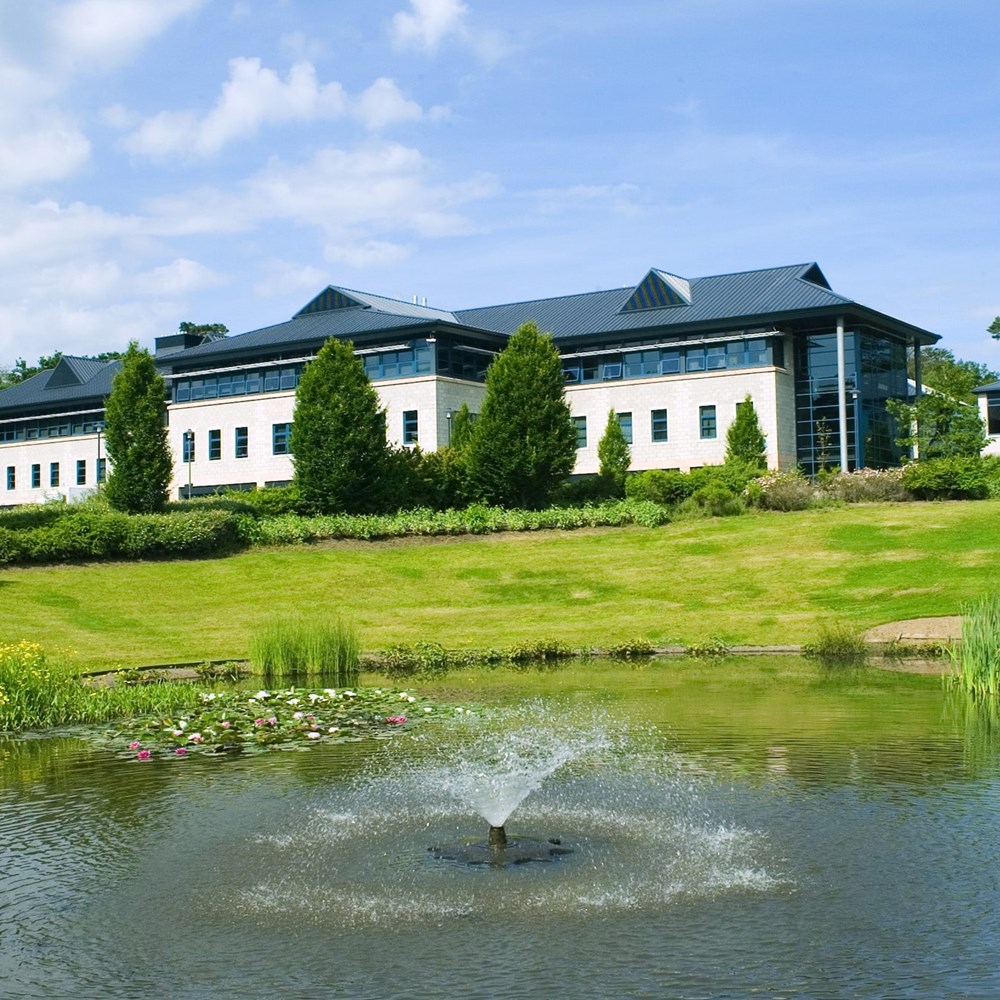
Veterinary Services
Our leading experts provide support to clients in areas of animal disease, diagnosis and surveillance.
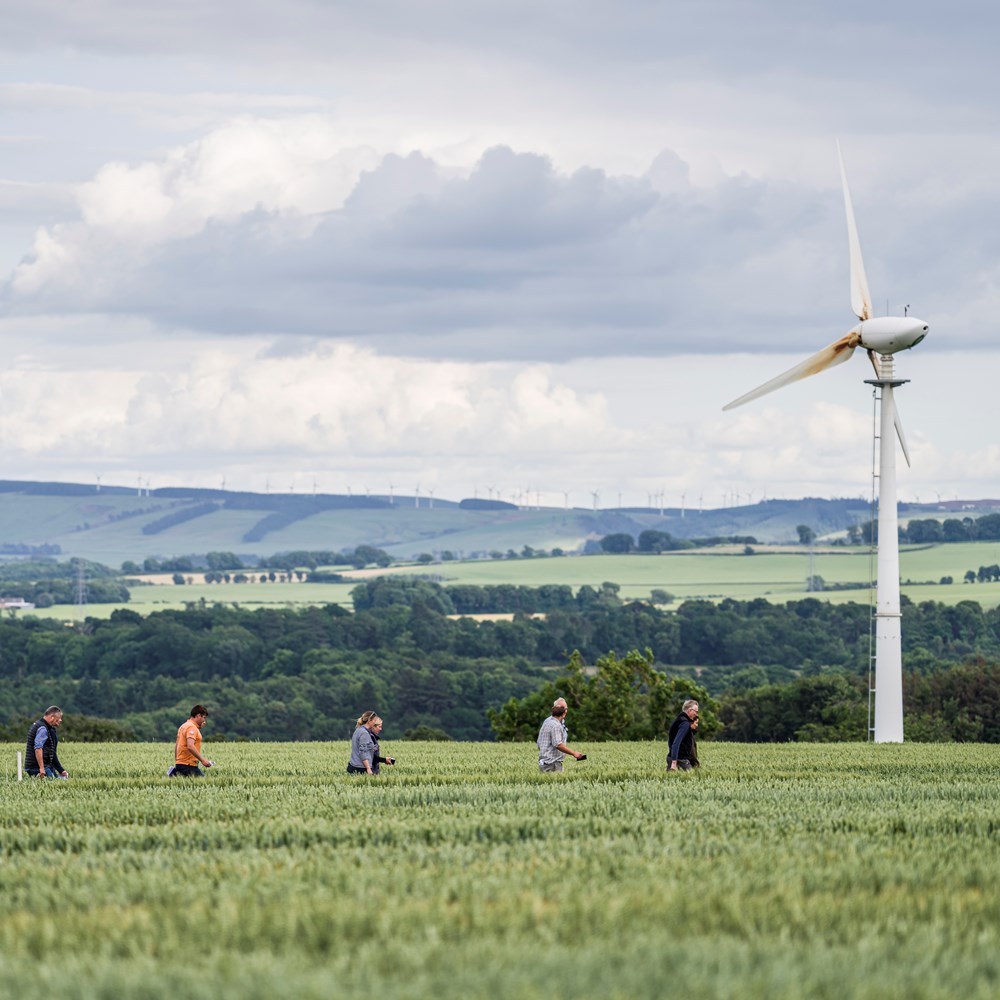
SAC Consulting
Providing independent, research-driven, industry-leading expertise, advice and solutions for agricultural, food and land-based businesses.
